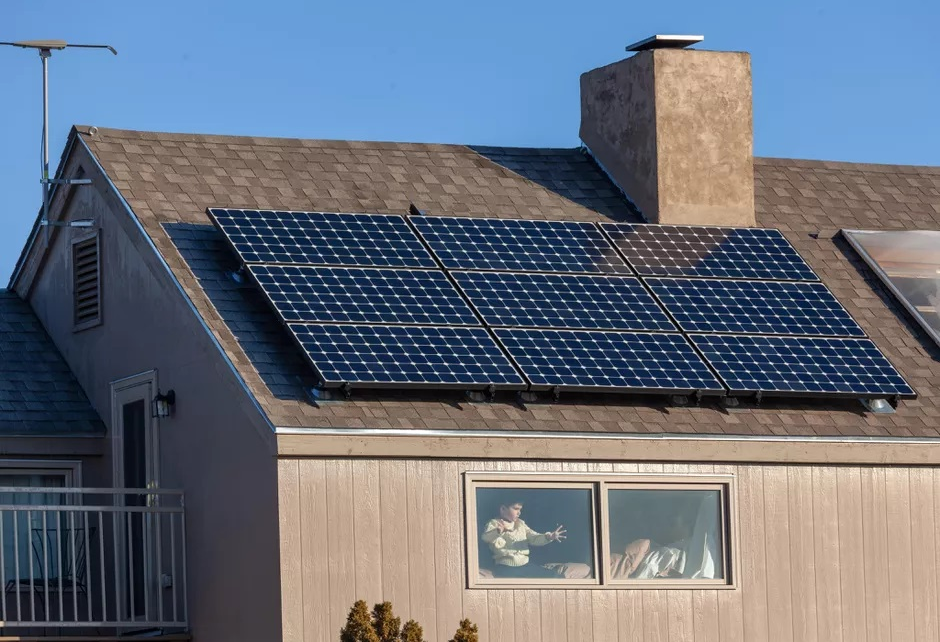It is normal to wonder if solar panels are the appropriate choice for your home. Many homes thinking about switching to solar ask if solar panels would work in the winter or on overcast days. The good news is that they do, rather exist.
Solar panels get their energy from the sun, but that does not imply they only work on sunny afternoons or throughout the summer. They may take advantage of the sun’s inherent energy at any time of year, including overcast mornings and short winter days.
How do they make energy?
Each solar panel is made up of solar PV cells (or solar photovoltaic cells), which generate electricity from daylight rather than sunlight or heat, and are made of semiconducting materials, most often silicon. When light shines on them, it causes electrons to flow, causing electricity to be generated. That implies solar PV panels will create electricity during the day but not at night.
Stronger sunshine often implies more electricity since solar PV cells respond to light. Most efficient solar panels will receive the maximum light around noon when the sun is at its highest point in the sky and on a bright sunny day. Even the dim light of a dreary winter afternoon, though, releases enough energy to generate electricity.
Do they generate power in cloudy weather?
Even though the light on overcast days is not as bright as on sunny days, modern solar panels perform admirably. That makes sense: the sun does not stop working just because there is a cloud in the sky. Rain, paradoxically, can improve the performance of solar panels by washing away any dust or grime that may be blocking light.
Solar for business does operate on overcast days, but they do not work as well as they would on a sunny day. Depending on how dense the cloud cover is, expect devices to produce 10 to 25% of their regular power output. However,there is a catch: while solar panels perform better on bright days than cloudy days, they do not operate as well in hot climes. If the temperature climbs over 77 degrees Fahrenheit, solar panel production begins to decline (25 degrees Celsius).
Solar panels do not work in the dark since they need sunlight to create electricity for your home. As a result, the straightforward answer to this question is no. The concept of solar storage, which allows households to have an energy supply at night, is typically the source of misconceptions about solar working at night.
The goal of the companies in India
The goal of the companies in solar energy in India is to convert photovoltaic energy (PV) into direct current (DC) power. The DC electricity is converted to alternating current (AC) power via the system’s inverter, which is the type of power used by most residences. Your solar array will thereafter be able to provide electricity to your home.
Because solar panels can only generate electricity during the day, the issue becomes, “How will solar panels generate electricity when the sun isn’t shining?” There are two basic options for resolving this issue. When your solar panel system is not producing electricity, net metering or solar-plus-storage technologies allow you to access energy overnight, either through a link to the electric grid or a battery. Solar panels offer a sustainable round-the-clock energy source thanks to grid connections and solar storage.





